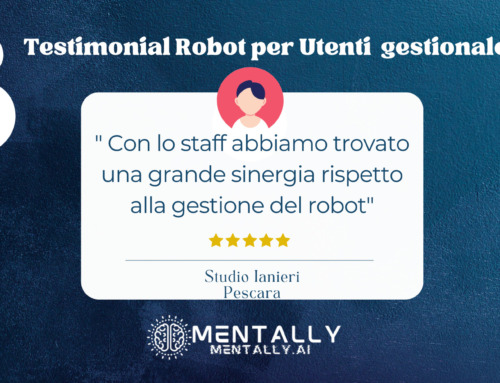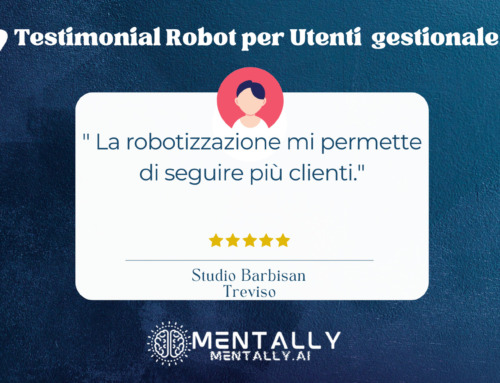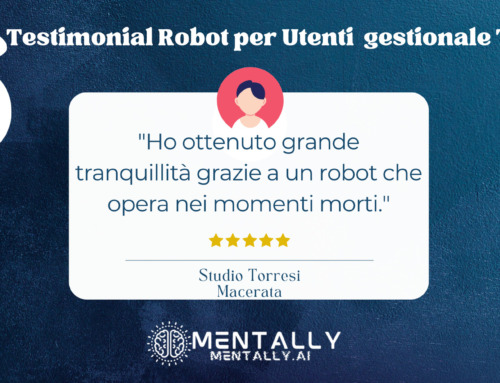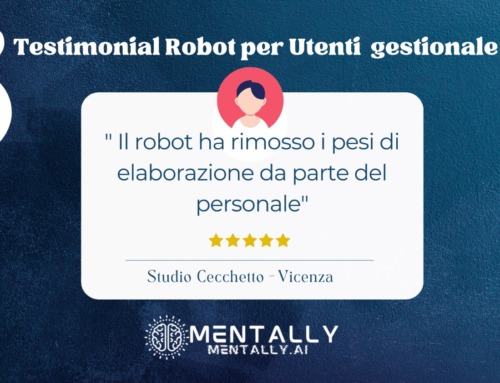Heart Attack Will Kill You Or Someone You Know. 20 Million People a Year Die of Hearth Diseases. The Heart Attack can strike any minute without notice, and the life is gone.
Let’s face it, heart diseases are the number one cause of death in our society and are our little secret fear. A heart attack is the most unpredictable yet implacable threat to our life.
No wonder considerable resources go into research in this area. This week news reported that a team at University of Oxford in the United Kingdom has applied A.I. to help identify those who are at severe risk of fatal heart attack.
The idea is that patients who are hospitalized in ER for a mild heart attack usually undergo CT scans. Applying A.I. ( deep learning image recognition ) it is possible to predict if the patients is at risk of severe heart attack.
This is normally possible only with more expensive and often not available diagnostic techniques. A.I. seems to make the prediction more available and perhaps more accurate.
Here is my question to you what do you need to build a reliable process to predict fatal heart attack?
I have been thinking of this and also researched several other papers and here is what I concluded:
- If we create a process that is entirely based on hospitalized patients, we probably will miss a large potion of the population that undergo to heart attacks. (Process with low Recall)
- If we create a process that tests all people of a certain age group with CT scan we are likely to increase costs substantially without assurance to a better outcome ( who says that age is the factor to discern who has to undergo the exam?.
Even if you go for option 2 there is a new issue to consider. Modern machine learning based on deep learning can become very expert at identifying everything that was known from the past but it is extremely dumb at discover cases or situations for which there is no a clear past causation relationship identified (risk of false negatives) .
Without going into further details, it is clear that to build a viable process, A.I. is not the only factor at stake. You would have to:
1) Define an end to end process beyond A.I.
2) Set up goals in terms of recall, precision, accuracy for each A.I. component
3) Set up a control or process for minimizing false negative and false positive (alarming people )
4) Balance all these factors with the ultimate economic cost of this process.
This is how you will go about setting up a business or operational process for this. The clear insights we can derive is that this is not just an engineering problem, it is more than that.
However, what happens if you do not understand recall, precision, causation versus correlation and the limits of the various A.I. technology used? What if you, as a manager have difficulties to set the correct goals?
You will probably reach wrong conclusions. This is why it is paramount for managers to actually understand what A.I. is.
While I strongly recommend you take our full course you can also consider our Machine Learning and Artificial Intelligence course for managers available here:
https://course.innodemia.com/p/machine-learning-and-artificial-intelligence-for-managers
It will give you the basic knowledge to understand machine learning, deep learning and how to interact with data scientists and engineers.
It will come a time where these competencies will be necessary to even keep or acquire a job, if do not have them you will be outdated or will have to play catch up at the last minute.
Paolo
PS I am shooting great new interviews with worldwide experts, keep watching us con our YouTube channel: Conversations in Artificial Intelligence.







Leave A Comment